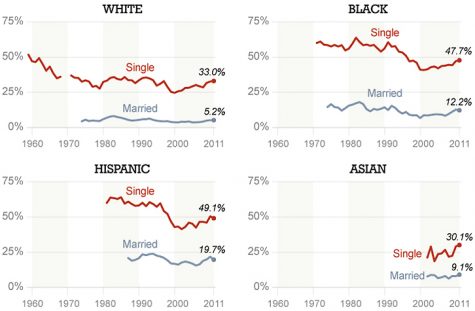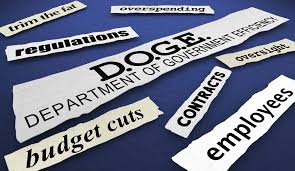Affirmative Action: Healing or Hurting the Wounds of Discrimination?

The media has been buzzing about a new trend that has grown over the decade: affirmative action. Racism has existed in America since it was first colonized. First it was slavery, then segregation, now discrimination. There is no doubt America has come a long way, but barriers still stand between people and equality.
Many people have heard this term, affirmative action, but not nearly enough know what it means or what it entails. Affirmative action, by dictionary definition, is an action or policy favoring those who tend to suffer from discrimination, especially in relation to employment or education; positive discrimination. This means that those that are typically discriminated against are now favored in society. Although it sounds like it is giving one race superiority to another, affirmative action is essentially making schools, companies, and other places treat discriminated races the same as others. Now there’s only one question: is it working, or hurting?
There is no concrete answer to this question, which is why it is such a controversial topic. Different people have different viewpoints on how this is affecting society. Affirmative action is not a new idea; in fact it has been over fifty years since it was first brought into the public eye. According to the National Conference of State Legislature, “In 1961, President Kennedy was the first to use the term ‘affirmative action’ in an Executive Order that directed government contractors to take affirmative action to ensure that applicants are employed, and that employees are treated during employment, without regard to their race, creed, color, or national origin.’”
In many ways, affirmative action helps underrepresented groups. It encourages schools and companies to accept or employ minorities, and therefore better represent the community around it. For example, the Huffington Post says, “Both the ABA [American Bar Association] and the Association of American Law Schools strongly encourage law schools to hire minority faculty.” This should be beneficial, but in some cases, affirmative action creates an unfair system where people are given an advantage because they are underrepresented. Sounds familiar, right? For example, a 2015 Princeton University study shows that based on your race alone, you automatically get a “bonus” number of points, or a “penalty” number of points on the SAT. Los Angeles Times elaborates, “African Americans received a “bonus” of 230 points…Hispanics received a bonus of 185 points… Asian Americans, Lee says, are penalized by 50 points — in other words, they had to do that much better to win admission.”
Eighth-grade politics fanatic Hannah says, “It [affirmative action] is not helpful and gives a hard time to people that try hard but are being degraded because of their race.” She offered an alternative solution to affirmative action describing it as, “A system based off of income instead of race.” Hannah explains that income can define your availability to resources that could affect your grades, extracurriculars, and skills, while race hardly ever defines anything about anyone. These statistics show that marital status, which affects family income, affects poverty rate more than race:

In conclusion, affirmative action is a system that aims to support underrepresented groups. However, like all things do, it has its flaws, but its intentions are pure. The United States is working towards a future where equality is reached and people are welcoming to anyone of any race, religion, belief, or culture.











